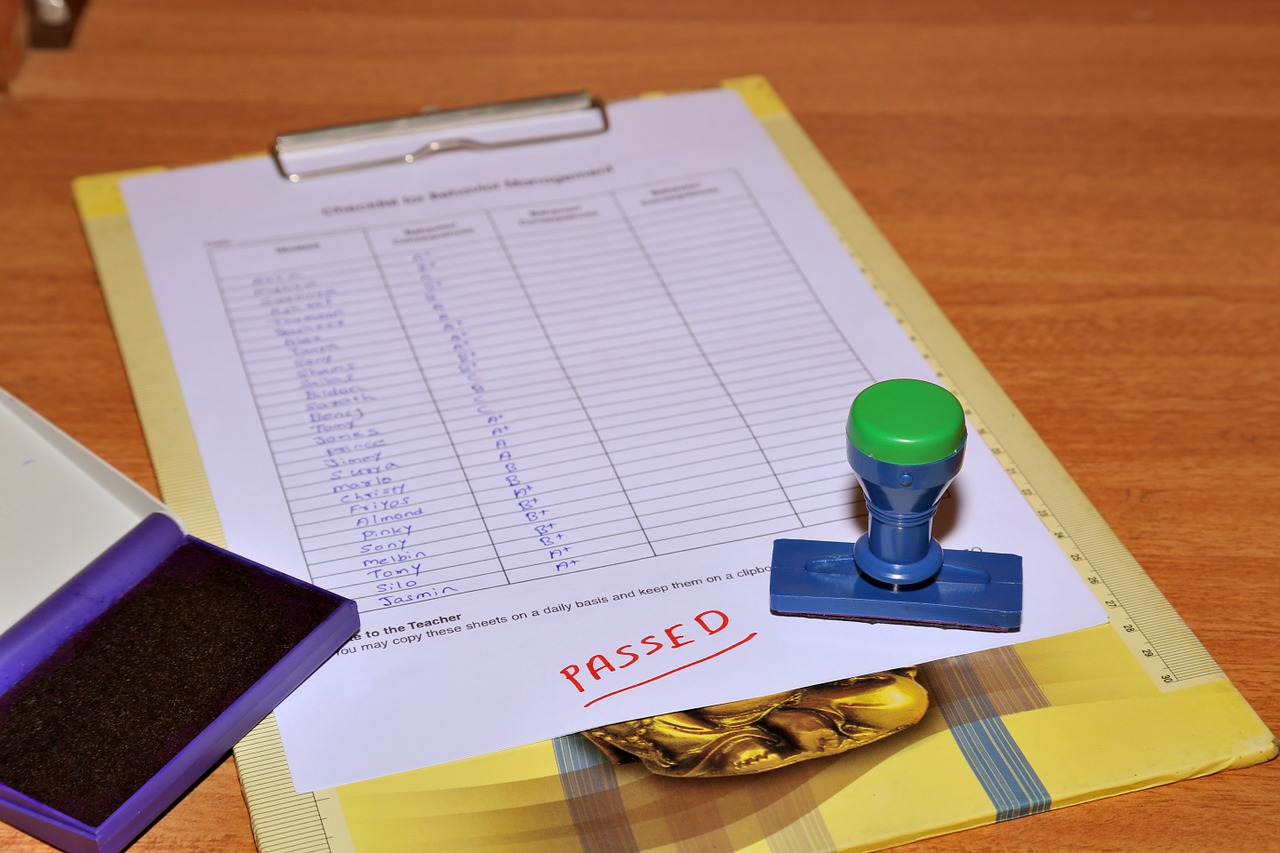
Let’s face it. In any job, position, or institution, connections can make all the difference between getting an opportunity or falling short. Even in medicine and radiology, nepotism is alive and well. Sometimes, a lesser qualified applicant can get an interview because the father is a large donor to the institution. Maybe, a cousin of the applicant is a physician on staff and asks the coordinator to give her nephew an interview.
So if you ask the question, does influence sometimes trump qualifications on an application? The answer is still yes. Unless egregious, it is easy to disguise. Why? Because the evaluation of applicants for an interview is so subjective.
All this said, I believe most programs and program directors strive to take the best applicants possible to make sure that the most qualified applicants get the position. And I think that the radiology field is more equanimous than most!
So, How Critical Are Connections In Radiology Residency?
Well, all this discussion leads us to the theme. For the average applicant to radiology residency, how critical are these connections? And, my brief answer to that is not so much. Of course, this statement comes from someone who has vested interests not to expose the radiology program to undue scrutiny. However, in all sincerity, we strive to be as fair as is humanly possible. And, I believe for most program directors, the answer is the same.
It is exceedingly rare that a connection will have more influence than allowing a candidate to receive an interview that otherwise wouldn’t. But even if the candidate with a relationship gets an interview, most program directors and chairmen are unwilling to take candidates that cannot get through the rigorous requirements of a radiology residency no matter how “powerful” the connection. A resident who can’t make it through a four-year residency is far more damaging to the program’s reputation than the opportunity cost of an “upset connection.” The amount of time and effort wasted to support an unqualified candidate is enormous. And, the pain and suffering of having to terminate an incompetent resident is worse. Even more so, when the resident who we admitted is a relationship to a “connection.”
Should You Use A Connection If You Have One?
Given all this questionable power of the “connection” and how it affects the application process, you may ask, is it even worth it to use one. Well, as always, the answer is it depends. If you are a borderline candidate who may not score an interview, a kind word from a known connection can push your application into the interview pile. On the other hand, if you have excellent qualifications that speak for themselves, too much name dropping can irk the interviewers. Yet, a well-placed phone call from a trusted source can confirm the quality of the candidate.
So, you can see using a connection appropriately can be a bit tricky. You need to thread the needle, so to say. And make sure to do it diplomatically.
Using Connections To Get Into Radiology Residency- A Mixed Bag
So, there you have it. Connections can help, to some extent. But, more importantly, you need the appropriate qualifications to get the spot. No matter how good the link, make sure that the program is the right fit for you. And use the relationship discreetly so as not to overpower the admissions committee. A connection should confirm the candidate’s quality, particularly when the admissions committee may otherwise skip over the application before the interview ever happens. If used as a battering ram to push an unqualified candidate into an open residency slot, it doesn’t work. (At least at our program!)












